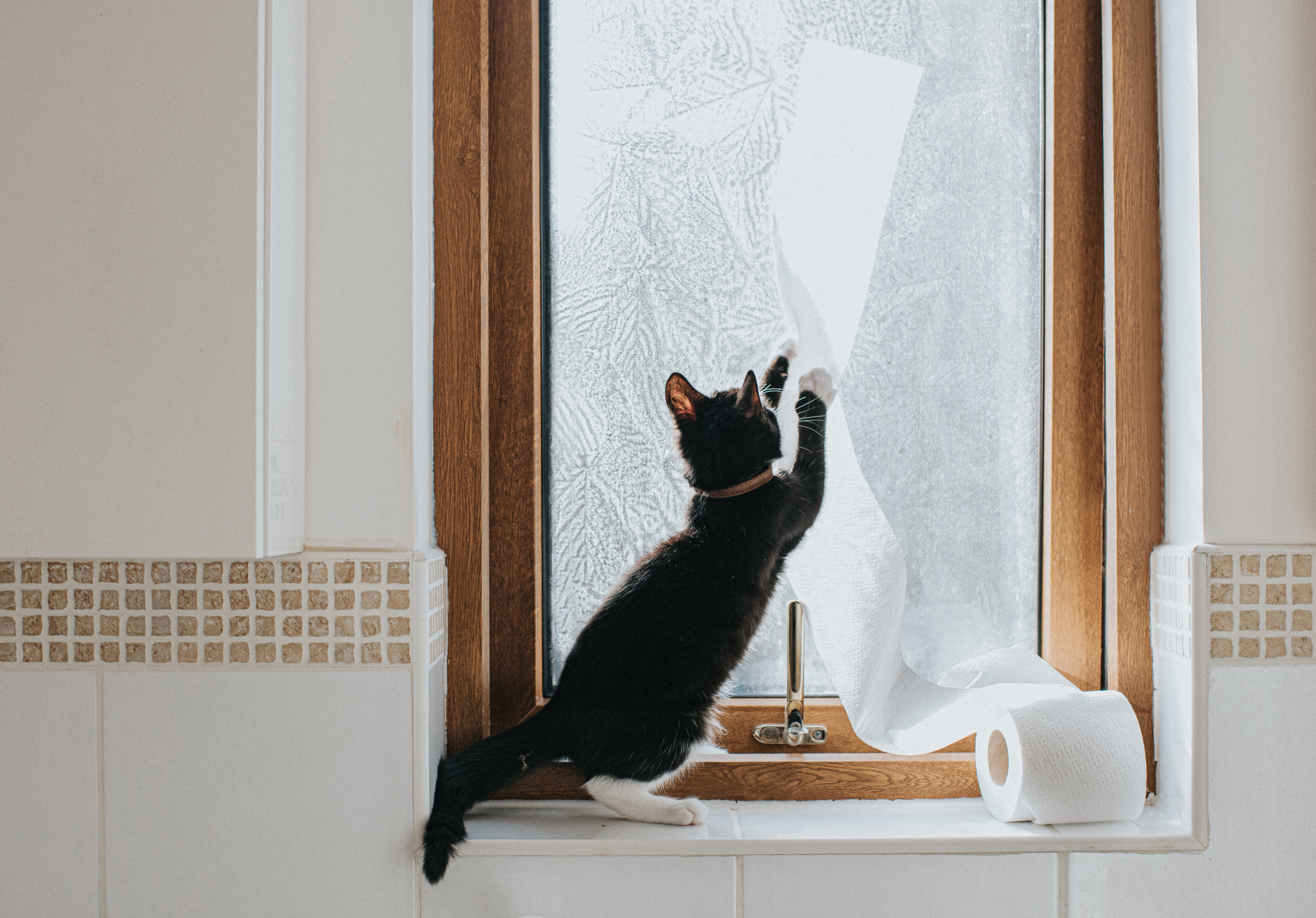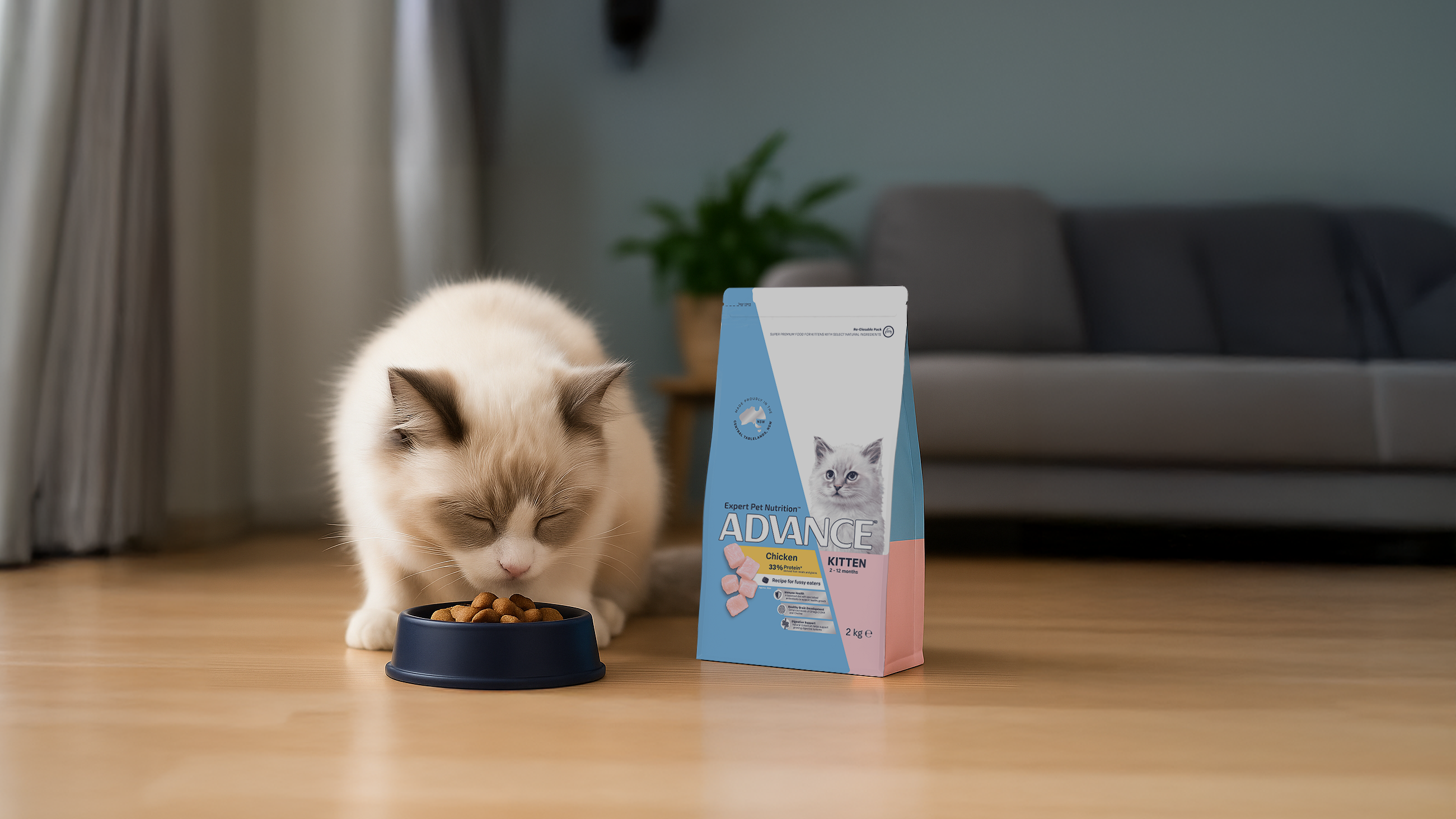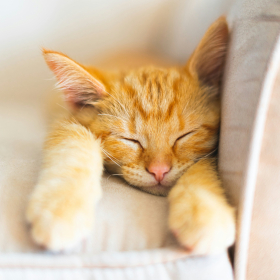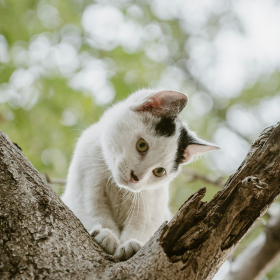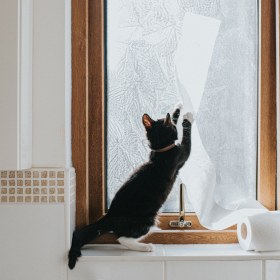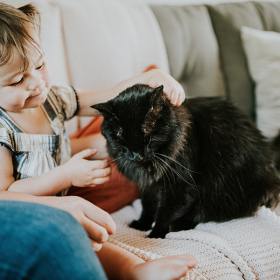If you’ve just welcomed a new kitten into your home, you’ll be happy to hear that, usually, litter training is relatively straightforward. Kittens typically learn good bathroom habits from their mother, and they’re instinctively drawn to soil-like substances that they can bury the ‘evidence’ in. This doesn’t mean you can just sit back and let them get on with it though, you need to be prepared with the right supplies and willing to offer them the guidance they need. Cats are intelligent creatures, so it shouldn’t be long before they’ve got it all figured out.
Basic supplies you'll need
Before your kitten can master their litter training, you’ll need to get your home set up and ready for them with all the necessary supplies:
Litter boxes
A full-sized litter box can be intimidating for a little kitten, so start with one that is smaller in size and has low walls they can easily climb over. It’s best to have more than one litter box in your home, especially if you have more than one cat. In fact, a general rule to follow is to have one more litter box than there are cats (so three litter boxes for a household with two cats). Of these, at least one should be kitten-sized while they’re little.
Cat litter
There are a few types of cat litter, including clay litter, which forms clumps when wet for easy disposal, crystal litter, which locks in odour and moisture, and natural eco-friendly litters. As your kitten was probably introduced to some sort of cat litter by their breeder, you may want to find out what it was, so you can offer them some consistency. Remove any soiled litter at least daily and give their litter box a thorough clean each week to maintain good hygiene.
Rewards
Rewarding your kitten when they use their litter tray can be a really valuable litter training technique, as it helps them to associate it with positive experiences. You can reward them by feeding them kitten treats, offering lots of praise, and by presenting them with their favourite toy to play with.
How to litter train your kitten
The earlier you start litter training your kitten, the better. You can begin this training from around 4 weeks old or whenever you bring your kitten home. By following a few simple steps, you should have it covered.
Create a designated space for them
The most important rule when it comes to finding a home for your cat’s litter box, is to position it far away from their food and water bowls, as well as their bedding. Cats don’t like to soil where they feed or sleep and may refuse to use the litter box if it its placed too close by. If you have more than one litter box, place them in different locations around your home, such as one on each floor. Choose spots that can be easily accessed, while also offering an element of privacy (without pinning them into a corner). Noisy areas or those with lots of traffic (people or pets) can feel distracting or even unsafe to a cat when they’re trying to do their business. In multiple cat households, ensure that all cats can access the litter boxes.
Introduce them to the litter box
Once you’ve decided where the litter boxes will live, show your kitten where each of them is located and let them have a good sniff. Going forward, you should physically place them in one of their litter boxes after all meals, playtime, and naps, or if you notice them behaving like they need the toilet (sniffing, crouching, etc.). This will help to build an association between their litter box and needing the toilet.
Clean up accidents quickly
If your kitten ever has an accident somewhere around your home that isn’t in their litter box, make sure you clean it up quickly. It’s important to never punish them, but if it’s left untreated and their odour lingers, it could encourage them to go to the toilet there again.
Be patient with them
Praising good behaviour is much more effective than punishing accidents. For starters, scolding your kitten can create anxiety around needing the toilet, which may exacerbate the problem. By offering positive reinforcement through praise or reward immediately after your kitten uses their litter box, it will teach them they’ve done a good thing. They’re only learning, so you need to be patient with them through the process.
